Winter can play havoc with your car.
Aside from helping to reduce the likelihood of needing to deal with the hassle of a breakdown, preparing your car for very low temperatures could save you significant sums in repair costs.
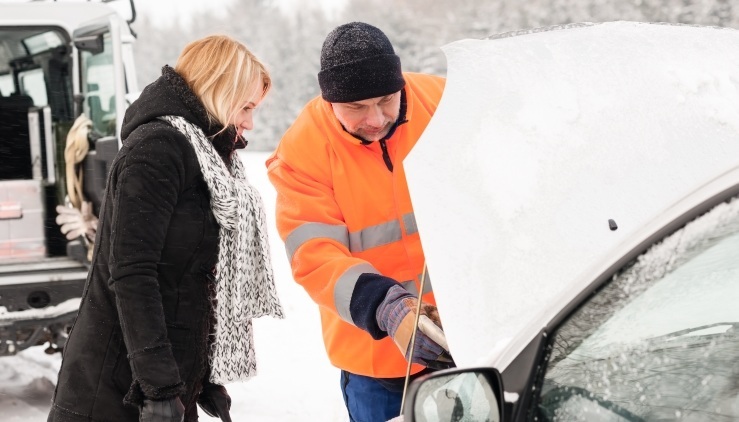
Winter preparations for your car may also make it easier for driving your car in icy or snowy conditions.
Here we look at some ways to cut those winter motoring bills, by preparing your car for winter.
How to prepare you car engine for the winter months?
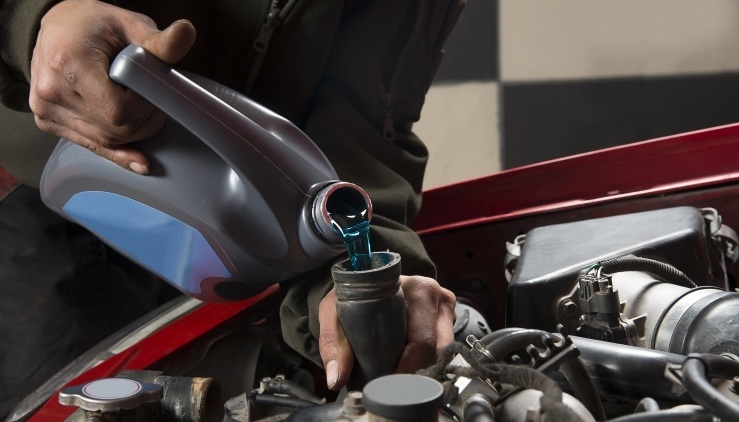
Cold temperatures can seriously damage your engine if you don’t take steps to protect it.
As part of your winter car care preparations, have your antifreeze levels checked by a trained mechanic.
During this check the mechanic can also ensure the temperature sensors are functioning properly and that there are no leaks in the cooling system.
Why is it important to have correct antifreeze levels?
As the temperature outside drops, coolant is pumped throughout your engine block to maintain an even temperature.
Antifreeze lowers the freezing point of water-based liquids. Without sufficient levels of antifreeze, the water in your car engines coolant could freeze, rendering it useless.
If this water was to freeze, it could potentially cause extensive, costly damage to your car’s internal combustion engine and other heat transfer applications.
How much antifreeze does my car need?
You should have roughly a 50-50 mix of antifreeze and water for full effectiveness.
Are your car tyres winter ready?
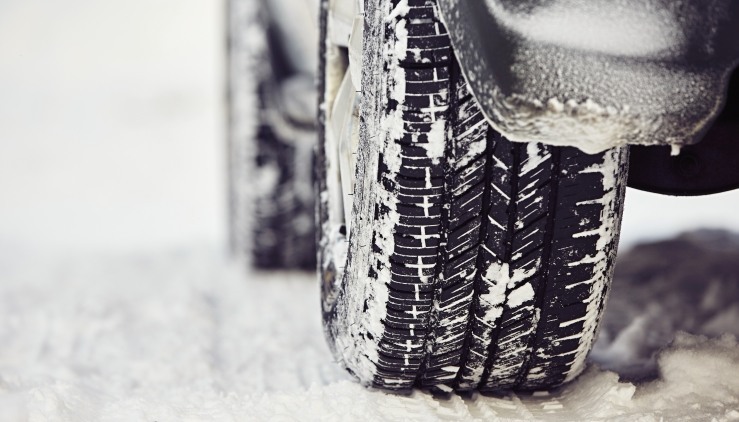
Check your car tyre tread
Tyre tread depth is especially important in winter, when you may have to drive in icy or snowy conditions.
Having an appropriate tyre tread depth can help with a vehicle’s grip and handling on icy roads.
If your tread depth is less than the UK legal limit of 1.6mm you will need to invest in some new tyres.
Check your car tyre pressure
Additionally, ensure your tyres are not under-inflated since they will be more prone to skidding.
Also be aware that over-inflated tyres wear out faster – so stick to your manufacturer's recommended pressure.
Benefits of good condition tyres for winter
Making sure your tyres are in good condition may cost a little now but doing so will help prevent you losing control on the road this winter – with all the physical risk and financial cost that might entail.
Do I need winter tyres?
As soon as temperatures drop below 7deg C, winter tyres can increase vehicle control and reduce your stopping distance by a significant amount when compared to standard (summer) tyres.
Winter tyres can cost quite a bit more than normal tyres but they offer peace of mind if you have to stop quickly in an emergency, thanks to the much needed reduction in stopping distance.
Find out how winter tyres work.
Oil
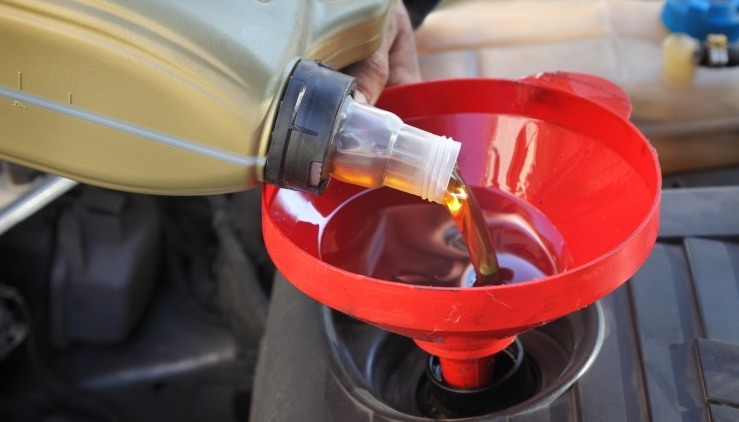
Make sure you are using the correct oil for your vehicle. Check your owner's manual if you’re unsure which type to use.
The right oil will help protect your engine against harsh winter temperatures and it will start more easily.
Mild December weather will give you an opportunity to have an oil change carried out – before the colder temperatures arrive.
Is your car battery in good working order?
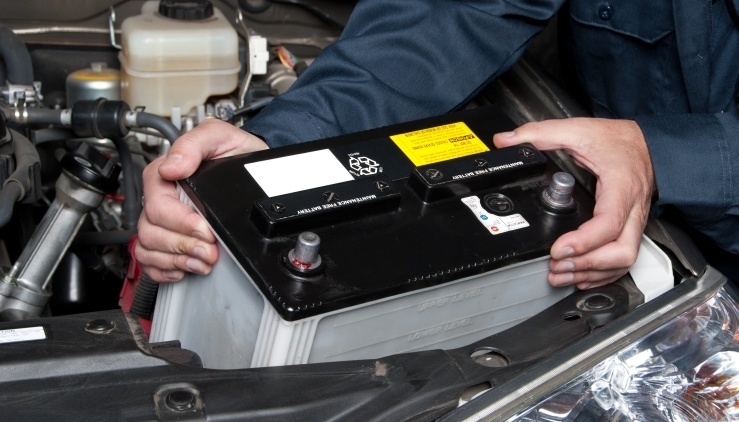
Battery failure is one of the leading causes of breakdowns in the UK, so it’s crucial yours is in good working order.
Buy a replacement battery if yours is showing signs of age.
It's best to replace your battery after three years; batteries aged four to five years and older are much less reliable.
Shopping around for an affordable battery in advance may be cheaper than having to buy one in an emergency. Additionally, there could be cost implications if your battery causes you to call out your car breakdown service provider, depending on your policy.
Inspect your brakes
Experiencing your car dragging, pulling or your steering wheel shaking when you are bringing your car to a stop, or your brakes squealing or grinding could be a sign that your brakes are failing.
Stopping distances are increased on wet, icy or snowy roads.
Worn or faulty brakes will further increase the required stopping distances so it's best to get your brakes looked at by a trained mechanic if you think that there is a problem.
Windshield wipers
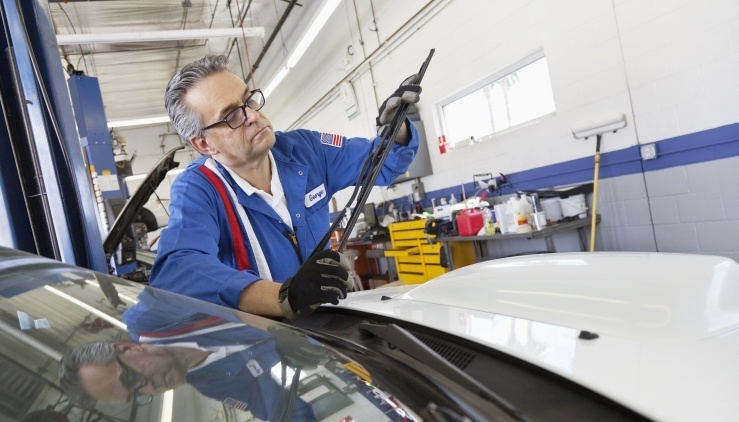
Motorists make additional use of their windscreen wipers in winter.
Consider replacing yours if they are old or worn and think about buying special winter wipers that are stronger – and therefore better than regular wipers at dealing with snow.
Make sure you have plenty of windshield fluid too, to help improve visibly during the winter.
Protect your car paintwork and metalwork
The grit use to help de-ice the roads in winter can cause corrosion to your car bodywork.
Regularly pressure washing your car (including the underside of your car) to dislodge any grit gathered can help to prevent any damage to the vehicle paintwork or metal work.
Winter car kit

Put together a winter car kit in case of emergency.
At the very least, a winter car kit should include an ice scraper, snowbrush, tool kit and flashlight.
It’s also a good idea to have a shovel, traction mats, booster cables and blanket.
Stay safe on the roads this winter
The above tips on how to prepare your car for the winter should help reduce the chances of unnecessary damage to your car this winter, while also minimising the chances of having to call your breakdown recovery provider.
Winter driving tips
For further winter driving tips, why not take a look at our articles on how to drive in snow and defrosting your car windscreen safely.




